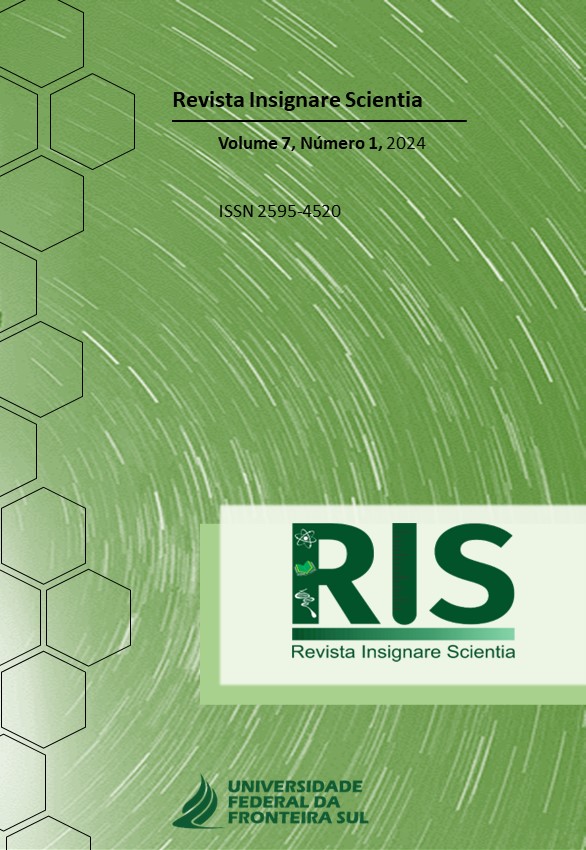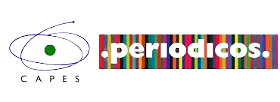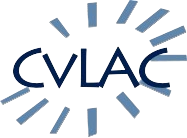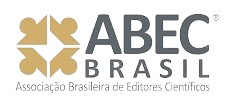Investigative teaching sequence on nutrition education and integral use of food: contributions to scientific literacy
DOI:
https://doi.org/10.36661/2595-4520.2024v7n1.13768Keywords:
Nutrition education, Waste, Unconventional parts of vegetables, Podcast, Teaching methodologyAbstract
The integral use of food must be considered in the fight against hunger, in the fight against waste and in the reduction of residues. Although the consumption of unconventional parts of vegetables is not a custom in Brazilian cuisine, it is the school's role to address new concepts about healthy and sustainable eating. This study aimed to promote the construction of knowledge about nutrition education and the integral use of food based on an investigative teaching sequence. As a method, an action-research was carried out, with a qualitative approach, with activities capable of stimulating investigation, criticality, textual production and argumentation, enabling student protagonism in the learning process. The results showed great involvement of students, especially in solving problem situations and producing podcasts. In this context, we emphasize the importance of investigative activities in the classroom, aimed at developing skills that contribute to students' scientific literacy.






















